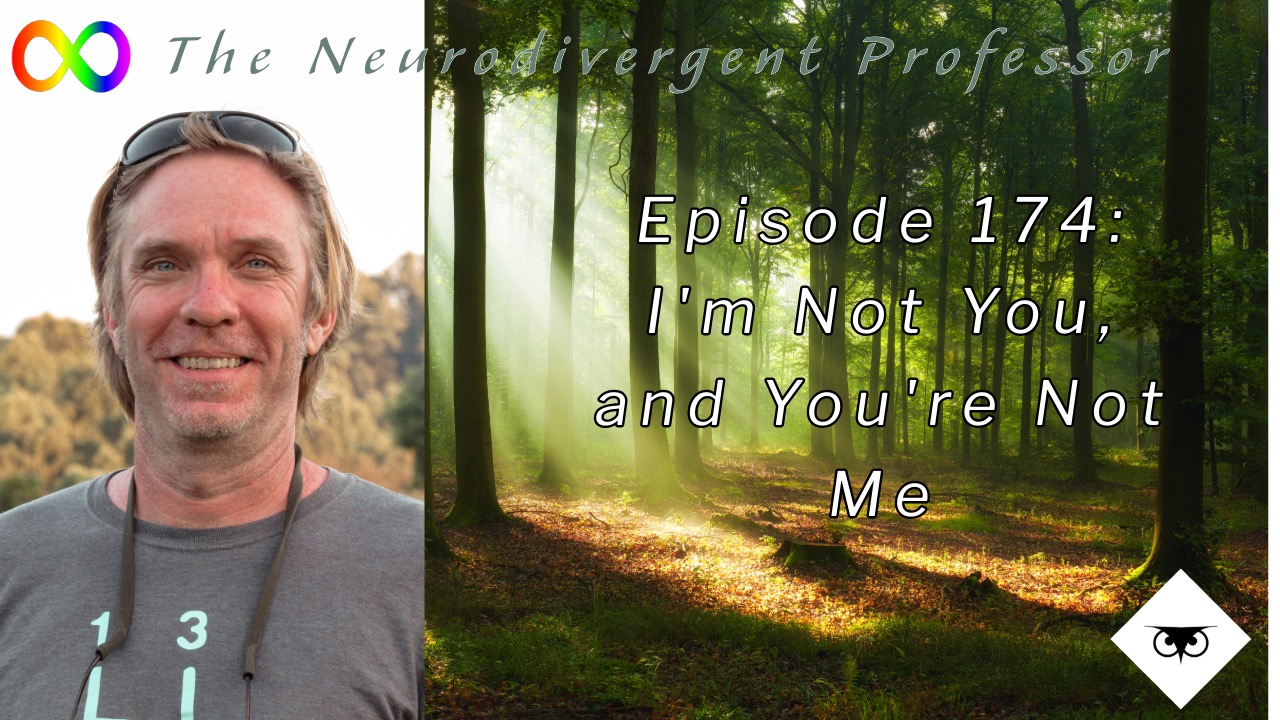Have you ever wondered how any two people can have a conversation and walk away feeling both like they were heard and believing they heard the other person?
It blows my mind how limiting conversation can be. As magical as language is, it leaves so much room for error. Words mean different things to different people. We hear one thing when they mean another. Context matters. We have different life experiences. There are so many layers that make it easy to misunderstand.
Language, like any technology, is wrought with at least as many restrictions as benefits. Yes, we can be more complex in our descriptions and needs. But that same level of complexity increases the potential for error!
Being a good communicator is incredibly difficult.
But it is also a luxury because it takes time, skill, and most of all, awareness. Self-awareness is a huge luxury. Not everyone can afford to pay attention. We are all at a different place evolutionarily and these different perspectives further complicate communication.
Despite the incredible variation that occurs between any two communicators, I think all conversations can be described as having fairly discrete outcomes. Either two people (or more, this is a simplification) agree, or they disagree. We can behave as isolated individuals or as part of a connected partnership. When two people disagree, the results are therefore limited:
Result 1) Person A gets their needs met, and Person B does not. The outcome is A, B
Result 2) Person B gets their needs met, and Person A does not. The outcome is B, A. The same result reversed
Result 3) Person B and Person A both compromise to reveal a third outcome of C, C
How many conversations have you been in that have the above result?
The first two outcomes require concession by one party. This concession is often characterized as ‘giving in’, ‘people pleasing’, or having ‘weak boundaries’. Not advocating for your needs is considered unhealthy.
Of course, the ‘winning’ party in the first two scenarios is often described as being ‘assertive’, ‘confident’, or ‘narcissistic’.
The most interesting outcome is the last one which represents a compromise or partnership. When both parties alter their needs to allow for the other we approach an equitable condition. This, I argue, is more evolutionarily ‘fit’ in the long run.
Compromise, of course, requires good communication. Which we suck at. The pathway to compromise and partnership — to truly realize that we are all connected — is the practice. The practice helps us take an observer’s perspective, witness nonduality, and make peace with the dissonance.
This is how we change the world.
Much more in this episode of The Neurodivergent Professor:
Podcast audio:
https://www.buzzsprout.com/530563/14940983
YouTube video:
Discover more from Revolutionizing human evolution
Subscribe to get the latest posts sent to your email.

